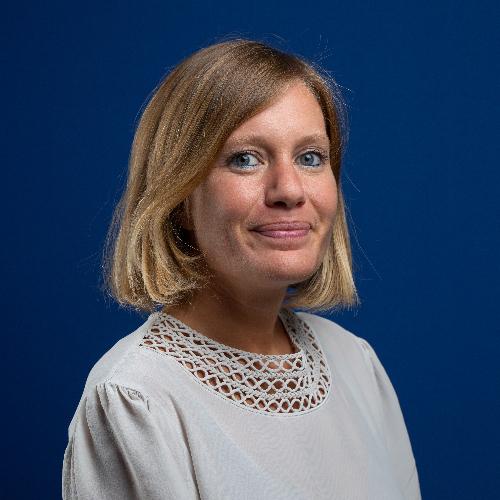
L-LIN/01 – Glottologia e linguistica
Incarichi
Componente del Consiglio della Scuola
Scuola di scienze umanisticheMembro della Giunta di dipartimento
Dipartimento di lingue e culture moderneAulaWeb
AulaWeb 2023/24
LINGUISTICA AVANZATA (LM) - 65272PRAGMATICA DELL'INTERAZIONE (LM) - 108770
AulaWeb 2022/23
GLOTTOLOGIA E LINGUISTICA B - 56199LINGUISTICA AVANZATA (LM) - 65272
LINGUISTICA - 84047
PRAGMATICA DELL'INTERAZIONE (LM) - 108770
AulaWeb 2021/22
GLOTTOLOGIA E LINGUISTICA B - 56199LINGUISTICA - 84047
LINGUISTICA AVANZATA (LM) - 65272
Altre informazioni
Curriculum con elenco delle pubblicazioni
CV Chiara Fedriani
(411.66 KB)
Current or recent research projects
- The Lexicon of Embodied Experience in Latin (2019–2021; Principal investigator)
- The Role of Pragmatics in Cyclic Language Change (2021–2023; PI: Maj-Britt Mosegaard Hansen, University of Manchester; AHRC Research Network Grant)
- La conversación en la Antigüedad: Análisis de la interacción verbal en griego antiguo y latín (2020–2021; PI: Rodrigo Verano, Universidad Autónoma de Madrid)
- PRIN National project Writing expertise as a dynamic sociolinguistic force: the emergence and development of Italian communities of discourse in Late Antiquity and the Middle Ages and their impact on languages and societies (2020–2023, PI: Piera Molinelli, University of Bergamo)
Latin WordNet 2.0 (from 2019; coordinated by William M. Short, University of Exeter, UK)
Research interests
- Historical linguistics and Latin linguistics [syntax, semantics, pragmatics; cyclicity in language change]
- Pragmatics and historical pragmatics [discourse markers in Latin and Italian; the diachrony of speech acts; historical (im)politeness; Conversation Analysis of Latin dialogues]
- Cognitive linguistics applied to the study of Classical languages [conceptual metaphors; the diachrony of metaphors; embodiment; experientiality]
Education
2012 PhD in Linguistics, University of Pavia
2008 MA in Theoretical and Applied Linguistics, University of Pavia
2006 BA in Classics, University of Pavia
Research stays abroad
2021 Universidad Complutense de Madrid
2019 University of Exeter, UK
2018 Universidad Autónoma de Madrid
2017 University of Amsterdam
2011 University of Oslo
2009 University of Bergen, Norway
